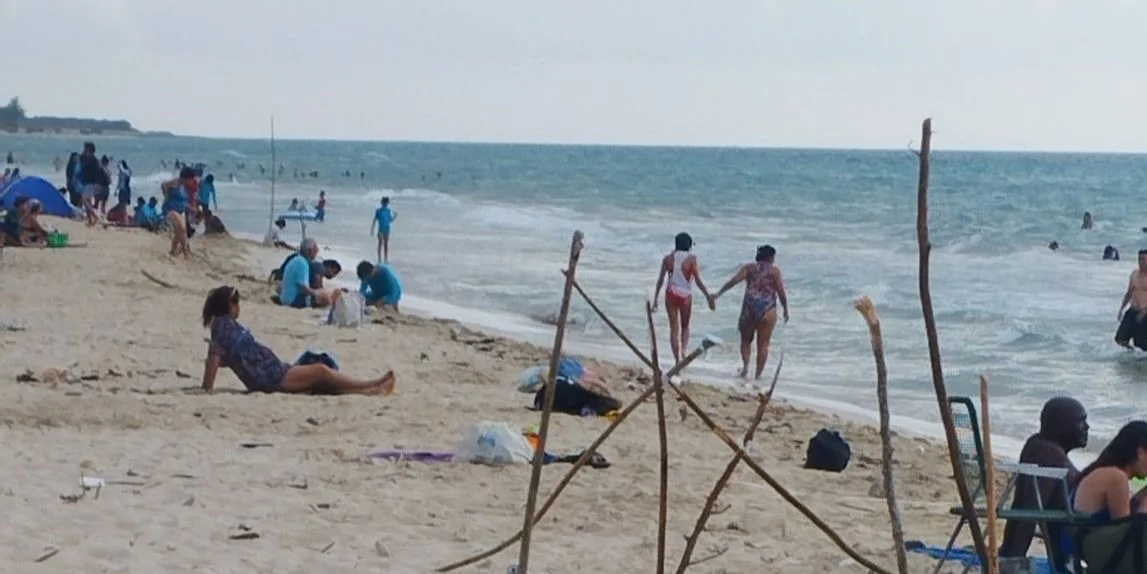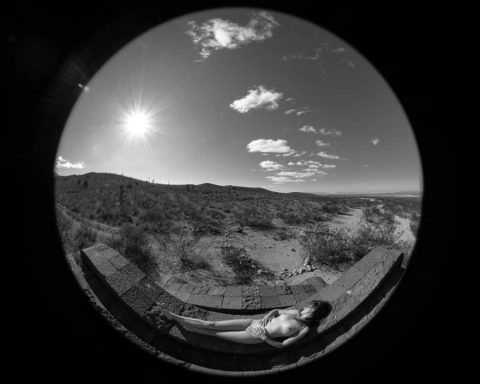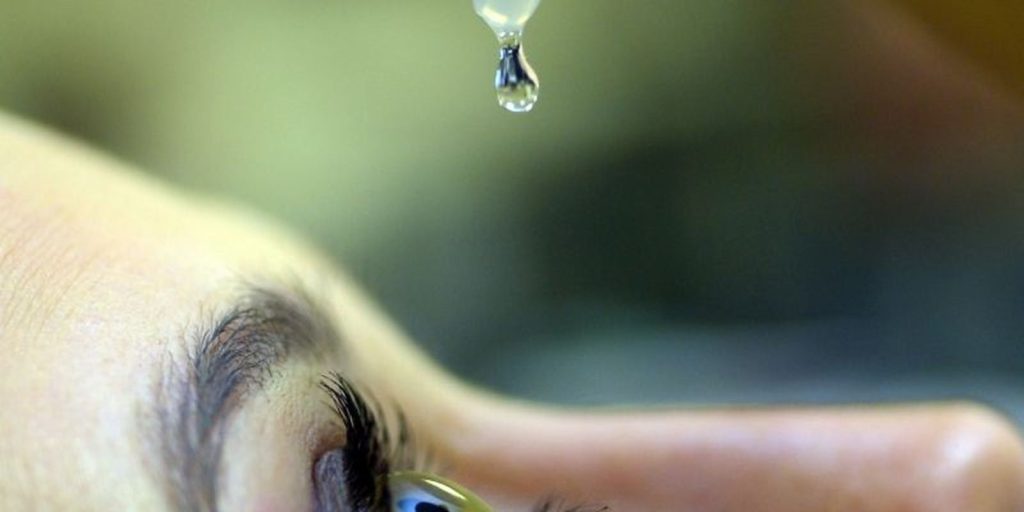HAVANA, Cuba. – Just a decade ago, possibly less, some went so far as to call it the “Little Italy” of HavanaThousands of Italians, most of them elderly men, arrived in Guanabo as tourists and some even ended up settling there; they even dared to open —often through front men— businesses renting houses, bars and restaurants, because of the “benefits” of a town far from the city center but very close to the sun and the beaches, but above all to the “jineteras” and “jineteros” who made their lives more “entertaining,” for them who could do little with their pensions back in Europe but who, in exchange, earned a fortune here where paying in euros and dollars, never in Cuban pesos, makes the difference.
Tourists also came in droves from all over, attracted by the “star product” of a small, almost rural town where boys and girls, regardless of how high or low the season was, came all year round to have fun until dawn but also to “fish” for that “yumita” who, without so many detours, without too many pretenses, was there not to check if the east of Havana was prettier than Varaderobut rather “hotter”.
“Hotter” and cheaper. More accessible to these young people than just getting on the A-40 —the urban bus line that still occasionally covers the route between the city center and the Beaches of the East—, or by paying for an almendrón from the Parque de la Fraternidad, they ended up “fulfilling the objective”: whether it was bathing in the sea or the more “imperative” one of conquering an old retired heart.
Those in the east were and continue to be the “poor man’s beaches,” including foreigners whose pockets are too small to aspire to more; but they were a “good” product, “not so bad,” which precisely because it was “cheap” (which in Cuba have always been very relative terms, highly questionable) began to grow in demand, even becoming more expensive as legal and illegal investments from foreigners attracted by the potential that results from the combination of “meat,” alcohol, the sea and even police “tolerance” connected to constant corruption and bureaucracy, which sometimes seem to “save us” but which, in reality, are destroying us as a country.

Those years, from the beginning of the millennium to 2019, the ones before the pandemic COVID-19 and to the disaster of the Task Sortingwere during the times of Castroism the “glory years” of the busiest beach area in Havana.
Prices were high but “not that high.” Transportation was terrible, but almost “perfect” compared to today, when seeing a bus, or even a taxi, pass by is as rare as seeing an Italian walking down Calle 5ta., the main street in Guanabo, where before they were seen in “predatory” hordes entering and leaving bars and clubs, but now, from the roundabout to the end, from the beach to the hills, it is the perfect picture of desolation (and destruction).

Buildings falling apart, houses that were rented yesterday now remain empty in the middle of summer, or for sale waiting for that “dizzy” person who, confident in the recent promise that in five years we will be better off, decides to risk their money.
Closed ranches and paladares, unstocked shops, “shopping centers” where little or nothing is sold, and SMEs which hardly sell because those who are on vacation prefer to bring their things from where they can get them cheaper, either in the underground market in their neighborhoods, or for free in the warehouse of the “state company” where they “struggle,” because that is basically what “work” in Cuba consists of, especially when the salary is paid in “national currency.”

Today, only the poor who can afford it go to the Guanabo ravine, because – even though almost everyone on this island is poor – our poverty is so great and so devastating that we have even given degrees and status to misery, so that the “poor less poor” go to the Eastern Beaches, while those who are more sunk in misfortune and abandonment, those with almost no social class to cling to – just as the castaway clings to that which frees him from “not existing” – have no choice but to stay home and invent a “summer in their own way”, that is, to take a good bath in the heat and blackout.
















